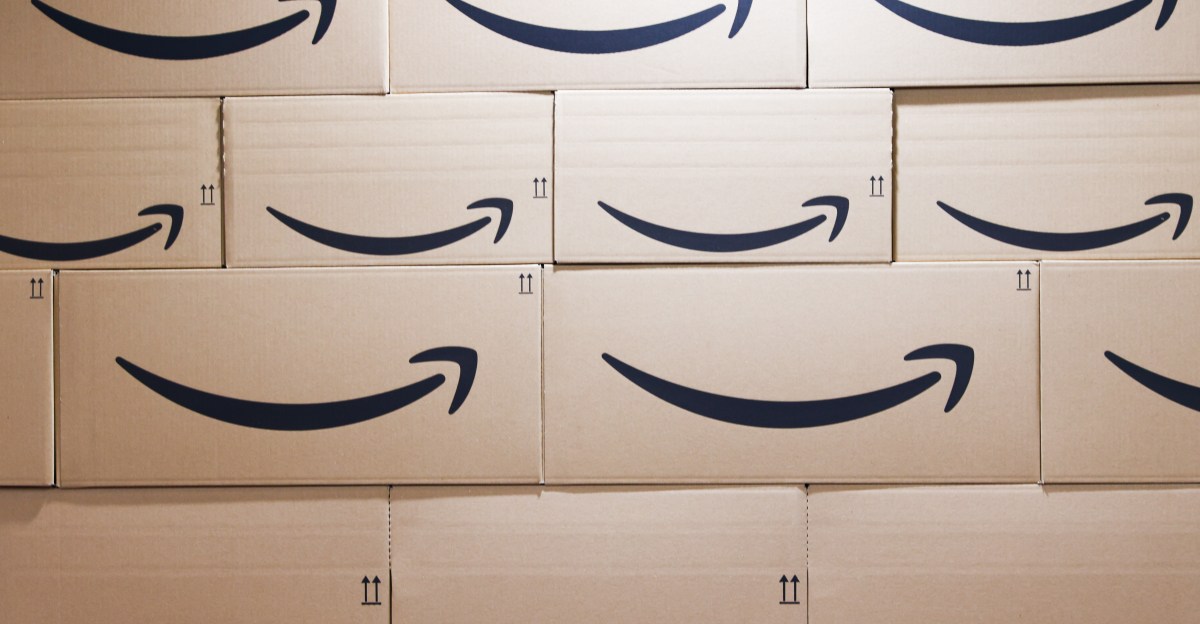- cross-posted to:
- technology@lemmy.world
- cross-posted to:
- technology@lemmy.world
Yeah, this is nothing new.
And the title is misleading, it’s not just the groceries.
Which groceries do I need to buy for them to sell me Adderall, cocaine, or opium?
Amazon offered up “Treatments for High Cholesterol” along with a link for an Amazon One Medical consultation as well as links to prescription medications.
That’s weird, because my doctor and my wife are the only people who know about my cholesterol numbers. They’re pretty good, too! But there are certainly data points, including my age, my food preferences, and my past purchases, maybe even news stories I’ve read elsewhere on the web, that might suggest I’d be a good candidate for a statin, the type of cholesterol-lowering medication Amazon recommended to me. And while I’m used to Amazon recommending books I might like or cleaning products I might want to buy again, it felt pretty creepy to push prescription drugs in my direction.
What did the author expect? Is anyone surprised that a big business is pushing people to buy more product?
HIPAA, the federal law that protects health privacy, is narrower than most people think. It only applies to health care providers, insurers, and companies that manage medical records. HIPAA requires those entities to protect your data as it moves between them, but it wouldn’t apply to your Amazon purchases, according to Suzanne Bernstein, a legal fellow at the Electronic Privacy Information Center (EPIC).
HIPAA has always been a questionable law that does more for Pharma than for citizens. By signing a HIPAA form, patients basically allow their medical info to be distributed/sold to drug makers and other product/treatment vendors. I’m glad health information is legally considered private until you sign, but I’m not sure why the public is okay with signing away their privacy on every trip to a new doctor.
should my Amazon purchases be associated with Amazon’s health care services at all?
Well, Amazon isn’t going to restrict itself, so we – as the public – will have to make a fuss about it if we want anything to change.
From the company who lost and misdelivered a grill without follow-ups?
Nah, my health is on a different delivery schedule, so I can live.



